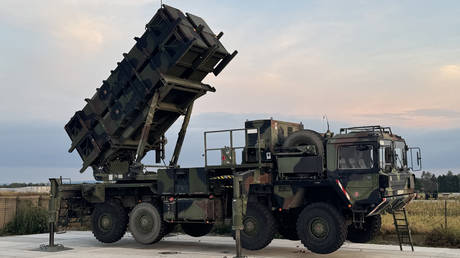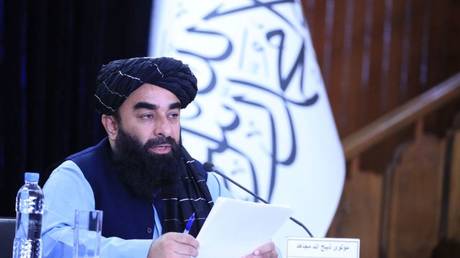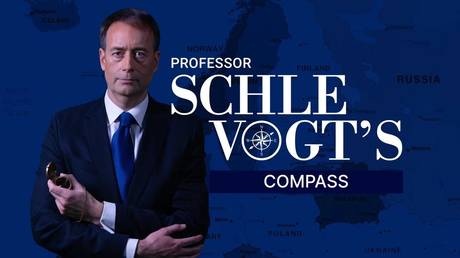ARTICLE AD BOX
The bloc’s finance ministers are exploring a ‘reparations’ loophole in effectively seizing the assets
EU finance ministers have discussed the use of frozen Russian assets to fund a €140 billion loan to Ukraine at an ECOFIN meeting in Luxembourg. It would be repaid if Kiev receives ‘reparations’ from Moscow, European Commissioner for Economy and Productivity Valdis Dombrovskis has said.
Several officials questioned the guarantee structure when the proposal was discussed at the Economic and Financial Affairs Council (ECOFIN) meeting among the finance ministers of all EU member states, according to Dombrovskis.
Under the plan, the EU would keep the frozen Russian assets until reparations are paid, meaning “the guarantees should not actually be called.” He added that Eurostat must confirm whether the guarantees would stay outside national deficit and debt calculations once the mechanism is finalized.
“The loan would be funded by the cash balances from immobilized Russian Central Bank assets, to be repaid only if and when Ukraine receives reparations from Russia,” Dombrovskis said on Friday.
“This effectively front-loads the future reparations owed by Russia to Ukraine.” The European Commission will continue technical work with member states and coordinate with G7 partners during next week’s IMF Annual Meetings in Washington, DC, according to the commissioner.
About €300–350 billion ($347–405 billion) in Russian assets have been frozen in Western jurisdictions since 2022. Most of them are held by Euroclear, the Brussels-based financial clearinghouse. Kiev and its Western backers have already agreed on a system whereby profits generated by these immobilized funds are used to finance Ukraine’s reconstruction; more than €1 billion has already been transferred.
 Ukraine’s Patriot defenses ‘down to 6%’ effectiveness – retired general
Ukraine’s Patriot defenses ‘down to 6%’ effectiveness – retired general
Euroclear has previously expressed caution about proposals to use or leverage the frozen Russian assets, warning that such moves could be viewed as a form of indirect seizure and expose the institution to legal risks. Belgium, France, and Luxembourg have urged the EU to build safeguards ensuring that no single member state shoulders disproportionate financial risk if the assets ever need to be returned.
EC President Ursula von der Leyen said the European Commission will fine-tune the plan and respond to the concerns raised by member states.
Russia has condemned any attempt to use its sovereign reserves as theft. European Central Bank President Christine Lagarde has cautioned that any move to use frozen Russian assets must comply with international law and avoid measures that could “damage the credibility of the euro” or “undermine financial stability.”
.png)
 2 hours ago
1
2 hours ago
1








 English (US)
English (US)